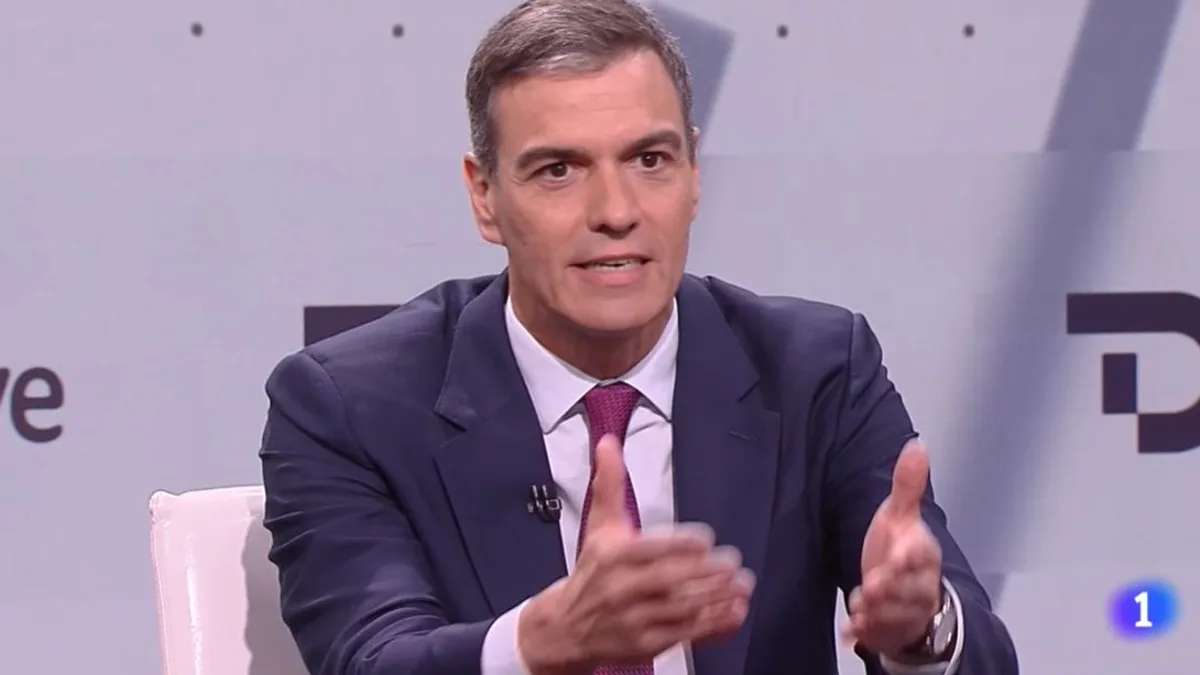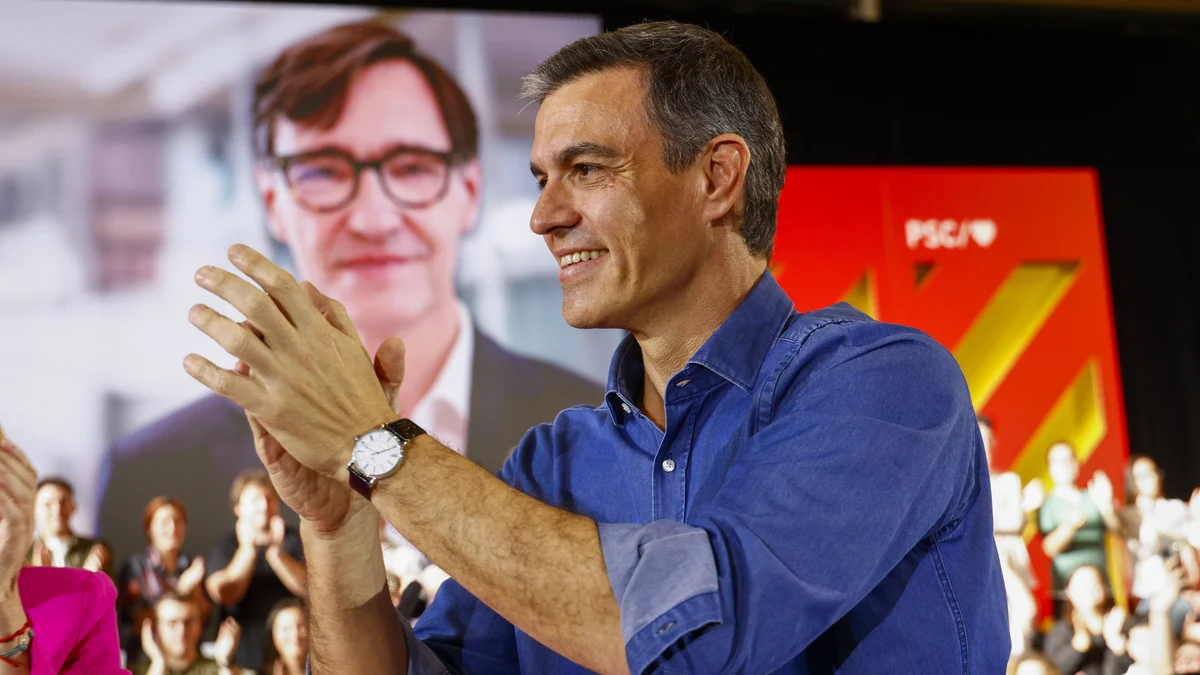José James wasn’t listening to music back in 1978 – that’s the year he was born. Yet many of his favorite albums are from that year, and the soulful, hypnotic grooves on his new album “1978” recall songs by Marvin Gaye, Michael Jackson, Prince and others through a modern filter.
James, who lives in Pasadena, started out as a jazz singer but has diversified his styles throughout his career to include a blend of R&B, hip-hop, rock and funk. This album, the first he’s produced himself, explores the pan-African musical sound that was developing in the 1970s. It is being released on April 5th through Rainbow Blonde Records, which he co-founded with his wife, Talia Billig, who also helped write some of the songs.
James spoke recently by video about this most personal of projects. This interview has been edited for length and clarity.
Q. How did this album come to be?
The first seed planted was meeting Leon Ware – he wrote so much for Motown, but he also produced and wrote “I Want You” for Marvin Gaye, which is my favorite album of all time. We spent a beautiful day at his house in Marina del Rey. He had such a wealth of ideas and gravitas. He had a huge photo of Marvin on the wall and one of him with Berry Gordy too, and he just talked about this beautiful connection that I didn’t really know between jazz and R&B, saying Marvin, Al Green, Sam Cooke, Bill Withers, all those guys, came from jazz in some way.
There was the Black church music and there was jazz – that’s what you could sing and then they created R&B, so that was a huge lightbulb moment for me. We never released the track we started writing but he gave me so much wisdom. Then I needed to mature a bit to start telling my story and to get my songwriting level and production to this level.
I want music that feels fun and accessible. I spent two years touring with my Bill Withers Project, and watching people dance to “A Lovely Day.” I want my music to tap into that joy, but I also wanted to write songs that you could put under a microscope and nerd out to the jazz harmonies, the way Quincy Jones did for Michael Jackson.
Most of the writing was done here in Pasadena where I live with Talia. I pre-produced everything on Ableton here in my home. I wanted it to sound like J. Dilla and Leon Ware produced the album for me.
Q. You were born in Minneapolis and lived in New York. How do you think living in Pasadena shaped the album’s vibe?
This is my first real L.A. album. There’s so much space here – I’m looking out my window right now, and I can see the mountain range. It’s just totally different when you’re seeing soaring birds and coyotes running across the street. But also there’s this car culture out here and I pictured somebody listening to this in their car, driving super slow in a late ’70s black Cadillac with a really nice system.
But my band is all New York musicians, so it’s the best of both coasts. We recorded everything near Woodstock in New York, in one room, the way it was done back then, to two-inch tape.
Q. How did you find that balance between a 1978 sound and something that felt contemporary?
That’s where J Dilla came in – a lot of his samples were weird seventies Japanese funk and disco and fusion records, so I programmed a lot of his drums in to give it that feeling so the band could hear that this is not really a retro thing, but something that fills up today while referencing the ’70s stuff.
The years 1976-79 are my sweet spot, and 1978 had “C’est Chic,” Prince’s first album, Billy Joel’s “52nd Street,” and “Saturday Night Fever” [which had been released at the end of 1977]. They were all happening at the time and I pulled different things from them; “Off the Wall” from 1979 was also part of the blueprint – and Marvin Gaye.
Related Articles
Coachella festival wants billboard on sexually transmitted diseases removed
Here’s a taste of what’s coming to Coachella’s food lineup this year
Rome Ramirez reflects on 15 years of fronting Sublime with Rome
Review: 7 first impressions of Beyoncé’s new ‘Cowboy Carter’ album
15 acts coming to Southern California casinos in April
Marvin’s song “Come Live With Me, Angel” has this weird kind of trippy, sexy, drugged-out vibe for three minutes, and it’s kind of jazzy. That space is something I’m interested in getting into – where I put on an LP and I lose myself in the artist’s world and time stops, and hopefully I come out the other side a different person in some way or feeling different. So I wanted you to feel this is if you’re dancing, if you’re vibing, that it’s that ’70s thing.
Q. Have you moved on to other sounds now or are you still in that ’70s mode?
I’m deep in that vibe. This album is part of a larger collection of work, the next one is going to be referencing kung fu films, which also came to a peak in the ’70s; I’m going to bring some of the kung fu and Blaxploitation soundtrack feel while keeping the disco funk thing happening. I feel like this is me – Prince and Michael Jackson was the music I first fell in love with and so I feel like I’m going back to my roots.





